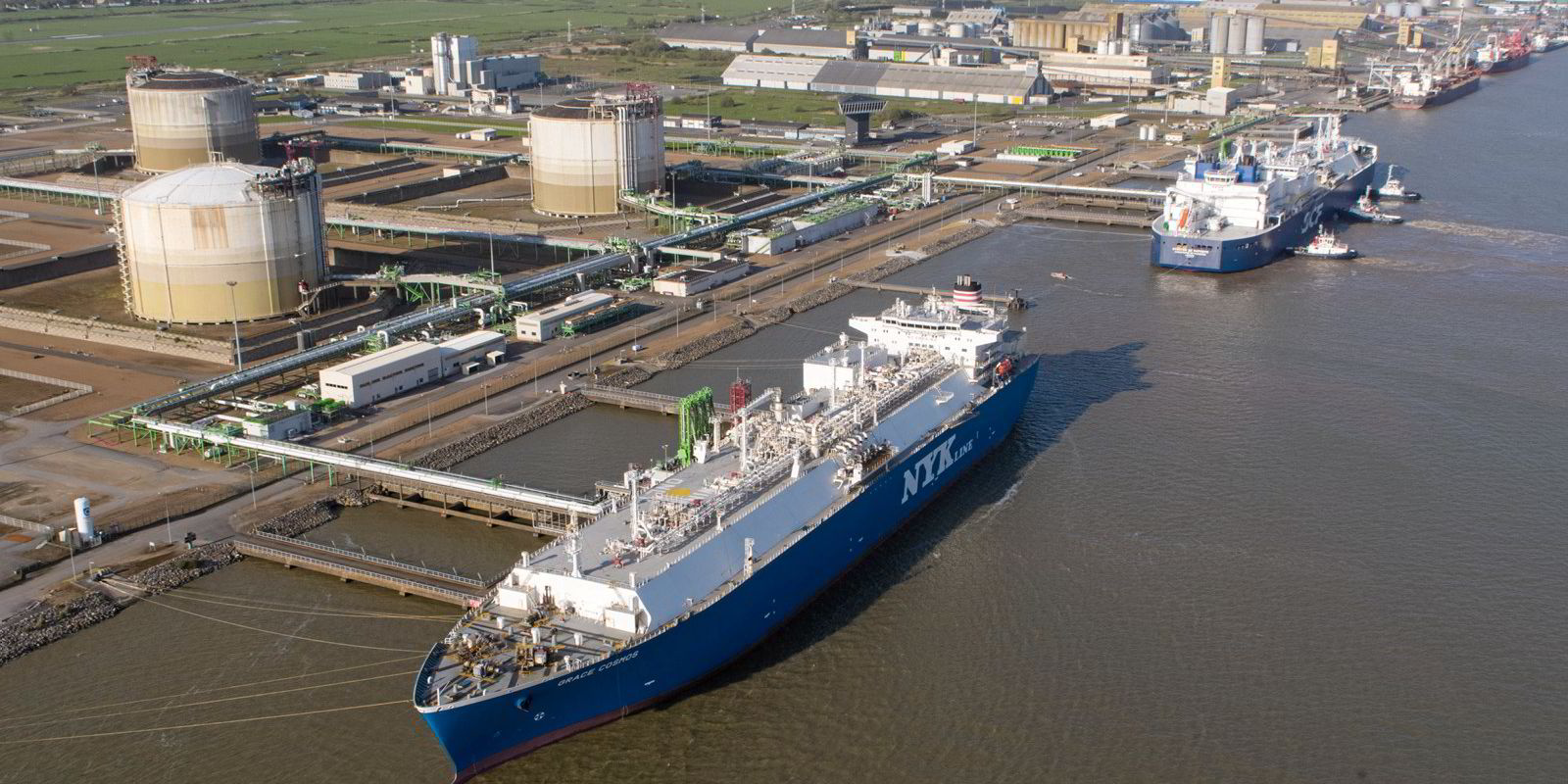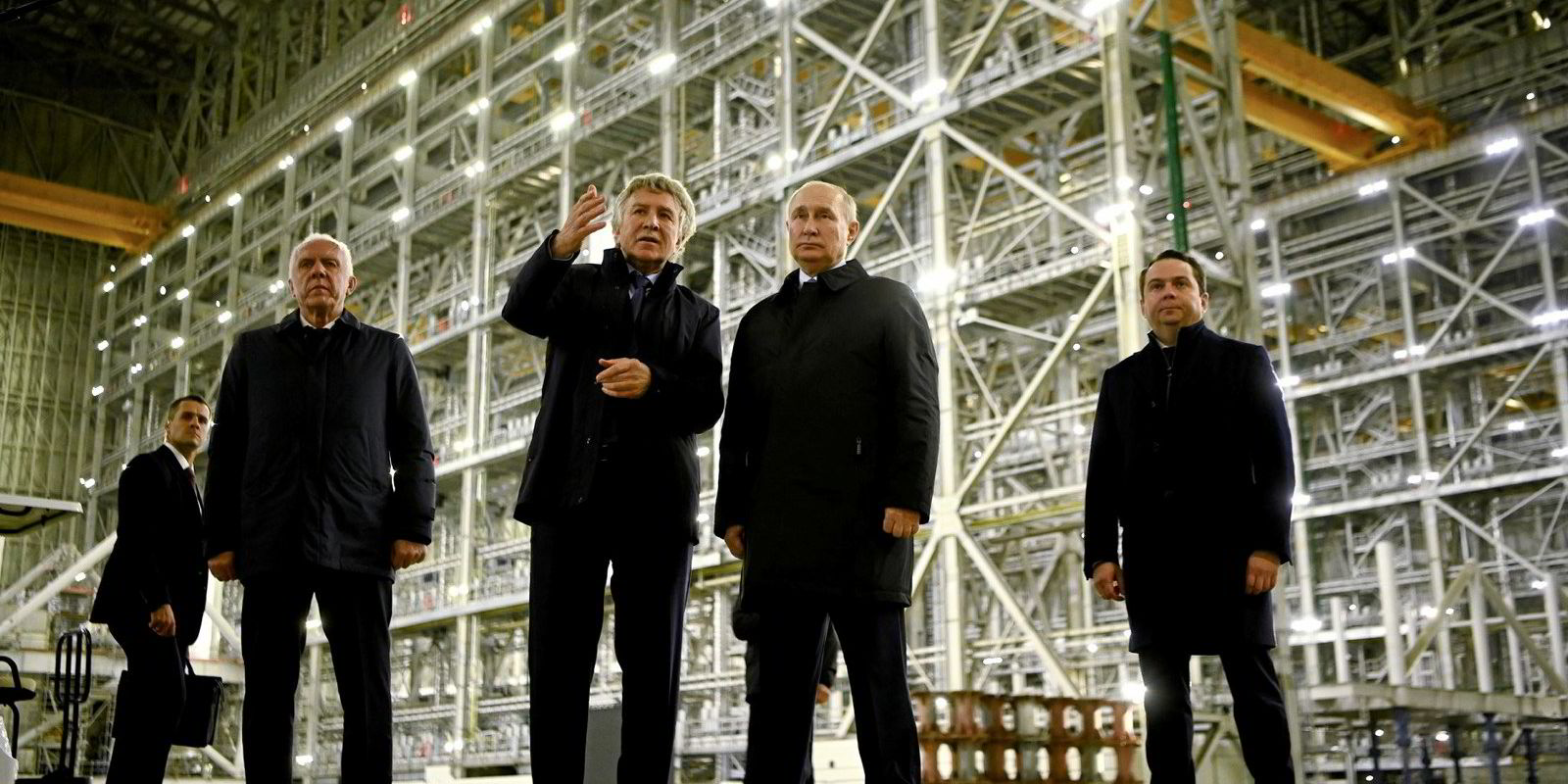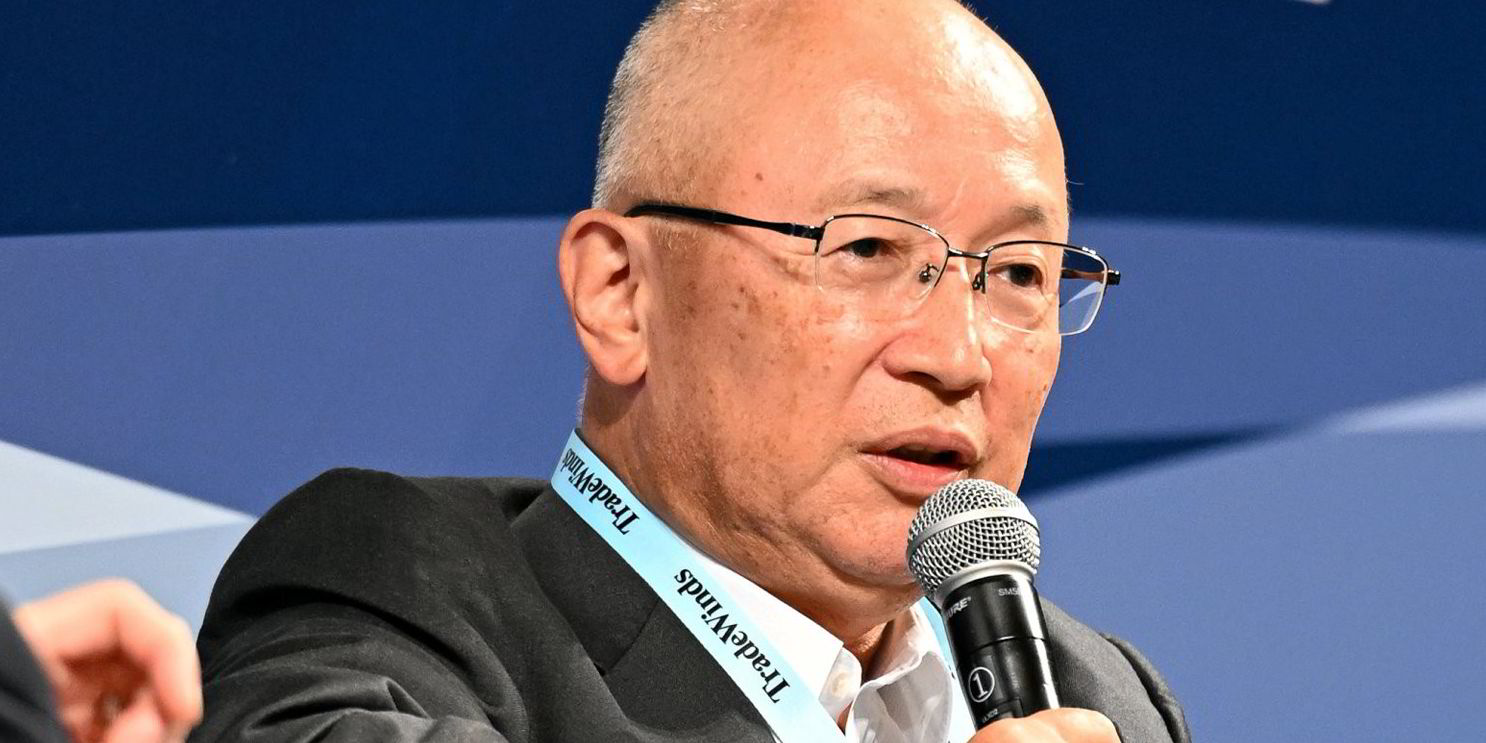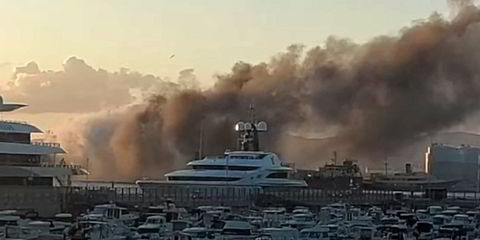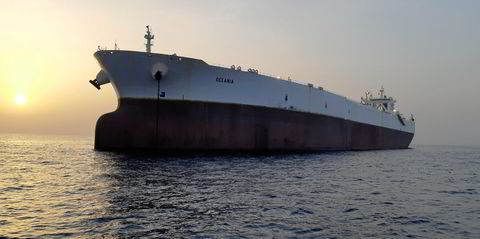European Union member states have agreed to allow individual governments to ban the imports of Russian LNG.
On Thursday, the European Parliament voted to pass rules that would allow individual members to block imports by stopping Russian companies from booking gas infrastructure capacity, Reuters reported.
Under new EU gas market rules, governments will be able to put a temporary stop on Russian and Belarusian gas exporters from bidding for capacity on the infrastructure needed to deliver piped gas and LNG into Europe.
But it also specifies that restricting Russian gas imports cannot disrupt flows of gas between EU countries, which could have implications for the re-export of LNG cargoes and pipeline flows between states.
A reinforced majority of EU countries need to approve the policy before it takes effect. But the new law is expected to pass without changes.
To date the EU has discussed, but sidestepped, blocking Russian LNG imports despite imposing sanctions on seaborne coal and oil following Russia’s invasion of Ukraine in February 2022 and banning the supply of equipment to Russia for LNG production.
LNG provided vital alternative gas supplies to Europe after Russia cut off pipeline supplies.
But although individual member states have indicated that they intend to take action to block Russian LNG, none have yet made a move, with some citing long-term contracts which, if cancelled, would force them to pay compensation to Russia.
While EU countries have upped their supplies of US LNG — which accounted for over half the volumes shipped into Europe in 2023 — Russian volumes are still flowing into the region.
In 2023, Europe imported around 22bn cbm of Russian LNG, up from 18.5bn cbm a year earlier.
Belgium, France and Spain are the main importers, with Russian companies holding terminal capacity in these countries.
In the first quarter of 2024, France emerged as the largest importer of Russian LNG volumes.
French energy major TotalEnergies has a 20% state in Russia’s Yamal LNG project and the country’s Montoir-de-Bretagne terminal is regularly used for transshipping Russian cargoes.
Spain has previously spoken about cutting Russian LNG.
Reuters reported a spokesperson for Spain’s energy ministry as saying the country supported a common EU position on banning Russian LNG, since if Spain did this alone, Russian firms could simply send their fuel to other EU ports.
Belgium’s energy minister has said the government is analysing the law and its conditions. LNG cargoes are frequently re-exported from the Zeebrugge LNG terminal in Belgium.
